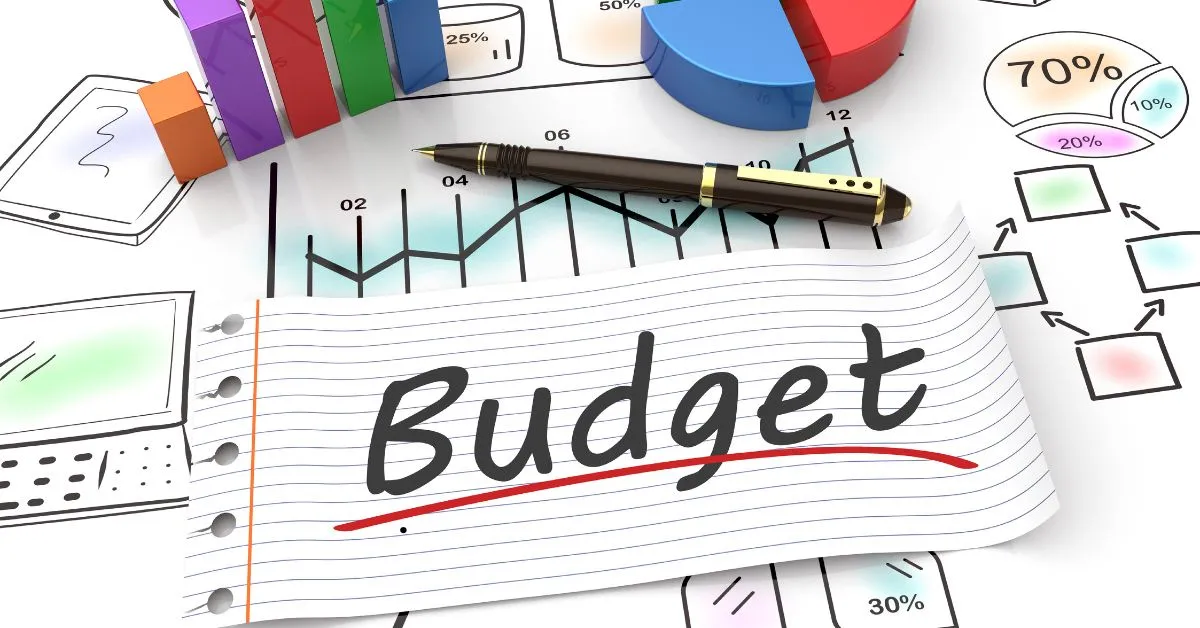
12 Crawl Budget Tips That Matter
If your website has hundreds—or thousands—of URLs, you might have noticed something strange: not all your pages get indexed. That’s where crawl budget optimization comes in.
Crawl budget is the number of pages Googlebot crawls and indexes on your site within a given timeframe. If you’re wasting that budget on irrelevant or duplicate pages, your important content might get ignored.
Let’s fix that.
Here are 12 crawl budget tips that truly matter for SEO and long-term site health.
1. 🧭 Audit and Clean Up Low-Value Pages
Why it matters:
Pages with thin, duplicate, or outdated content waste Googlebot’s time.
What to do:
Use tools like Screaming Frog or Sitebulb to find low-value pages.
Noindex, consolidate, or delete them.
Focus your crawl budget on pages that actually matter.
2. 🧱 Fix Broken Links (404 Errors)
Why it matters:
404s slow crawling and waste bot resources.
Quick fix:
Use a crawl tool or Google Search Console to identify 404 errors.
Redirect them to relevant pages or fix the source links.
3. 🔄 Avoid Infinite URL Loops & Faceted Navigation Bloat
Why it matters:
Parameters in filters or search functions can create millions of unnecessary URLs.
What to do:
Use robots.txt to block faceted URLs.
Canonicalize filtered pages.
Limit crawlable combinations via internal links.
4. 🚫 Block Unimportant Pages in Robots.txt
Why it matters:
Let bots focus on your money pages, not admin panels or thank-you pages.
Example:
User-agent: *
Disallow: /cart/
Disallow: /checkout/
Disallow: /search/
Be careful: Don’t block pages you want indexed.
5. 🔗 Improve Internal Linking Structure
Why it matters:
Crawl bots discover content through links. A shallow, organized structure helps bots index deeper pages efficiently.
Tips:
Link important pages from your homepage.
Use clear anchor text.
Fix orphan pages (no internal links pointing to them).
6. 🏎️ Speed Up Your Website
Why it matters:
Slow websites slow down crawling. Google allocates less time to slow-loading pages.
Tips:
Compress images and scripts.
Use a content delivery network (CDN).
Minimize render-blocking resources.
7. 🛠️ Use Canonical Tags Properly
Why it matters:
Canonical tags help Google avoid crawling and indexing duplicate versions of the same content.
Example:
<link rel="canonical" href="https://example.com/product-a" />
8. 📉 Reduce Redirect Chains
Why it matters:
Each redirect in a chain delays crawling and may reduce crawl priority.
Solution:
Keep redirects to one hop max.
Replace internal links that point to redirected URLs.
9. 🧠 Prioritize Fresh Content
Why it matters:
Google gives priority to content that changes or updates regularly.
What to do:
Add blogs, product updates, and news regularly.
Update key pages with fresh content and revised dates.
10. 🗂️ Submit XML Sitemaps
Why it matters:
Sitemaps give search engines a clean list of URLs to crawl and index.
Pro Tips:
Include only canonical, indexable URLs.
Separate sitemaps by content type (e.g., blog, products, videos).
Submit in Google Search Console.
11. 📊 Monitor Crawl Stats in Google Search Console
Why it matters:
GSC shows how often Google is visiting your site and what it’s crawling.
Watch for:
Sudden spikes or drops in crawl activity
Large numbers of excluded pages
Crawl errors and slow response times
12. 🚦Use “Last-Modified” and “ETag” Headers
Why it matters:
These HTTP headers tell search engines when content was last updated—so they don’t recrawl unchanged pages.
Result:
More crawl budget is preserved for new or changed content.
✅ Crawl Smarter, Not Harder
You can’t control how much crawl budget Google allocates—but you can control how it’s used.
By implementing these 12 tips, you ensure that search engines focus on your most important pages, leading to faster indexing, higher rankings, and better visibility.